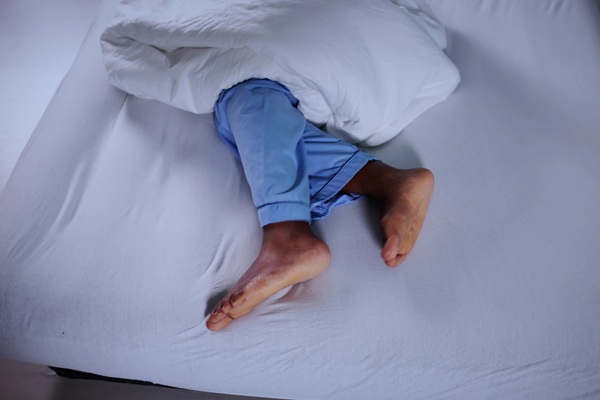TMS Therapy from a Psychiatric Clinic

A psychiatric clinic can provide transcranial magnetic stimulation (TMS) if you struggle with depression. It is a non-invasive, safe way to treat treatment-resistant depression. It is also effective on severe depression.
Transcranial magnetic stimulation is usually not the first option a psychiatric clinic recommends. Psychotherapy and medication are typically the first lines of defense against it. However, not all patients see a significant reduction in their treatments after taking antidepressants. Also, some patients do not like the idea of taking medication for depression or experience side effects they would rather not deal with. TMS therapy provides an alternative that is effective with or without medication.
What to expect when getting TMS therapy from a psychiatric clinic
The Food and Drug Administration approves transcranial magnetic stimulation as a treatment for obsessive-compulsive disorder and depression. It involves stimulating areas of the patient’s brain with magnetic pulses. Sending these pulses into the brain increases brain activity in the region, alleviating the symptoms of depression.
TMS therapy can be combined with medication or used as a standalone treatment. It is an outpatient procedure that does not require sedatives or anesthetics since the treatment does not cause pain. Patients do not feel much besides a tapping sensation on their forehead caused by magnetic waves penetrating into their brain.
The magnetic waves used for the treatment are generated by placing a magnetic coil on the patient’s head. Magnetic resonance imaging is usually used to map out the patient’s brain before starting transcranial magnetic stimulation. The map allows the psychiatrist to pinpoint the best areas of the brain to target during the treatment.
Treating depression with TMS therapy typically involves getting up to five treatment sessions per week for up to six weeks. The average patient gets 25 to 35 TMS sessions during their treatment. Each session lasts 30 to 60 minutes, with the patient’s initial appointment being the exception. The first visit is used to determine how well the patient can handle magnetic waves entering their brain. The psychiatrist gradually increases the intensity of the waves until the patient’s fingers or hands start to twitch.
TMS yields positive results for most patients, and its effect can be felt in as few as two weeks after starting treatments. Patients who complete TMS therapy can enjoy its benefits for over a year.
Here is what a typical TMS treatment session looks like:
- The patient is seated on a chair and given earplugs to protect their ears
- A magnetic coil is placed on the patient’s head
- The psychiatrist turns the coil on and off to send magnetic waves into the patient’s brain repeatedly
Patients are typically able to drive themselves after each treatment session. Side effects are rare, but the most common ones include headaches, nausea, and scalp irritation.
We can help you get past depression
Depression impacts all aspects of your life, and it takes the fun out of all your favorite activities. Ready to put it behind you? Give us a call or drop by our New York clinic to set up an appointment with our psychiatrist.
Request an appointment here: https://www.hopetmsofny.com or call Hope TMS and Neuropsychiatric Center at (646) 578-8152 for an appointment in our New York office.
Check out what others are saying about our services on Yelp: Psychiatric in New York, NY.
Recent Posts
Restless leg syndrome can make evenings difficult by creating an urgent need to move the legs when the body tries to rest. Considering symptoms like crawling or pulling often intensify at night, sleep quality can drop, and daytime energy can follow. With the right support, many people can manage their symptoms and get a good…
PTSD syndrome can shape your daily experiences in significant ways, from your emotional balance to your physical health and personal stability. Symptoms of PTSD can become an invisible burden that affects your routine and interpersonal connections. While these symptoms vary from person to person, they can impact every corner of your life without the right…
Adult ADHD therapy supports individuals navigating challenges with focus, time management, and emotional regulation. While attention deficit hyperactivity disorder, or ADHD, is commonly diagnosed in childhood, its symptoms can persist into adulthood, often interfering with careers, relationships, and daily tasks. Professional therapy offers a structured approach to managing these difficulties and building long-term strategies for…
Transcranial magnetic stimulation, also known as TMS treatment, is an innovative and noninvasive therapy for several mental health conditions. By using magnetic fields to stimulate specific areas of the brain, TMS is an effective treatment for cases where traditional methods have provided little to no relief. It is important to know which mental disorders are…


